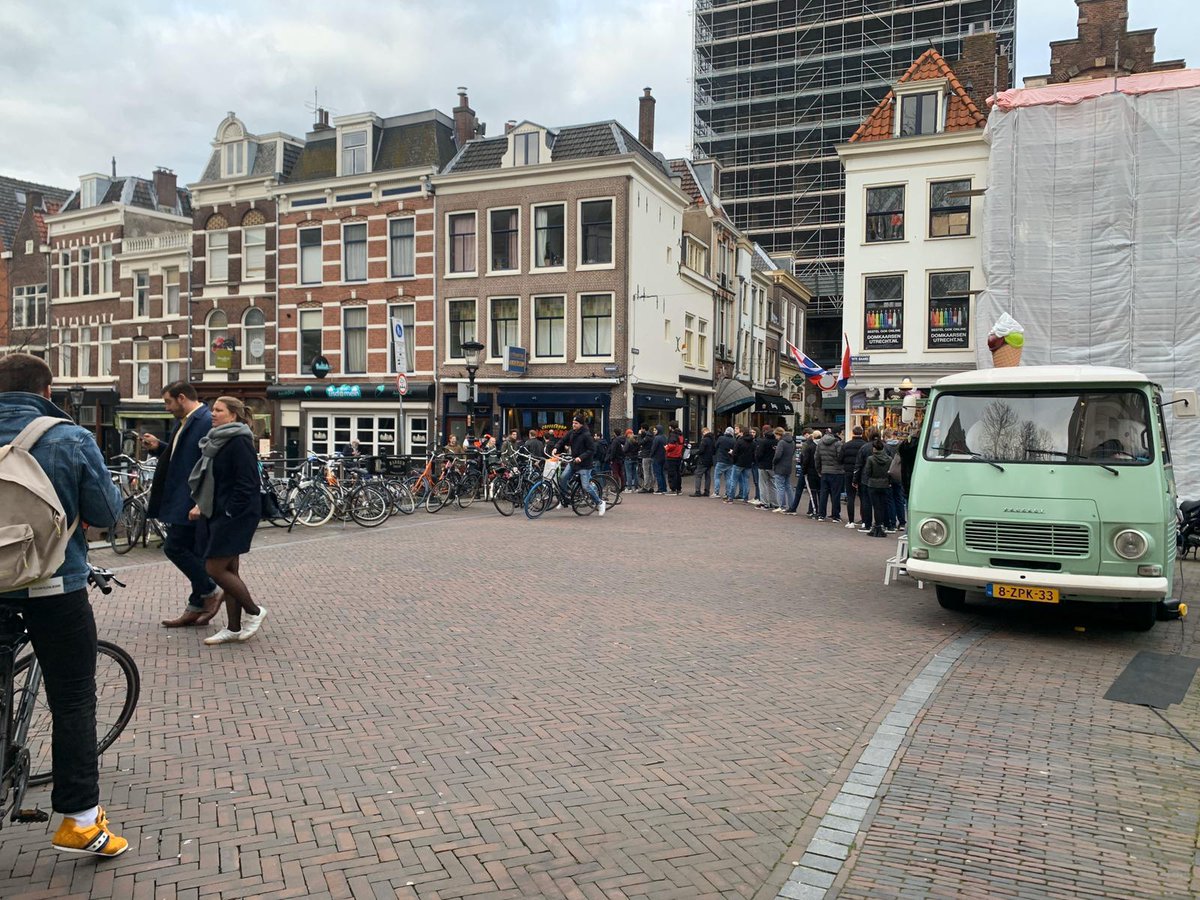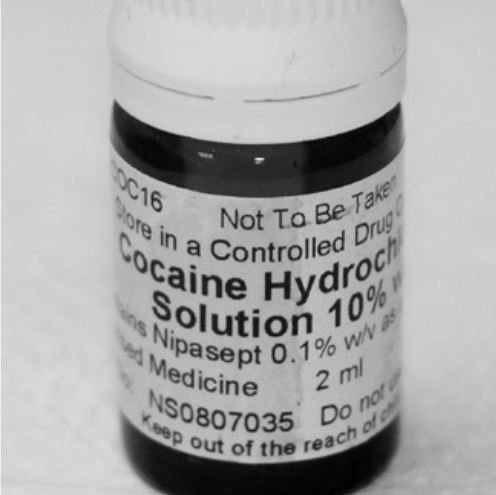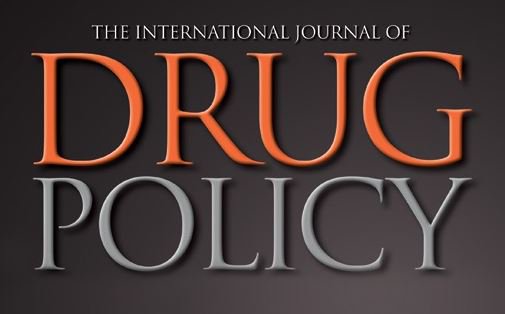
THREAD:
The Canadian Expert Task Force on Substance Use was commissioned by the federal Govt to make recommendations on:
- decriminalisation of possession
- the new draft Govt drug strategy
Their reports are here:
canada.ca/en/health-cana…
They are *essential reading*
1/
The Canadian Expert Task Force on Substance Use was commissioned by the federal Govt to make recommendations on:
- decriminalisation of possession
- the new draft Govt drug strategy
Their reports are here:
canada.ca/en/health-cana…
They are *essential reading*
1/
These are clear & considered reports that call for an evidence based health led approach:
"Canadian policy on substances must change significantly to address and remove structural stigma, centre on the health of people who use substances, and align with current evidence"
2/
"Canadian policy on substances must change significantly to address and remove structural stigma, centre on the health of people who use substances, and align with current evidence"
2/
But unlike so many reports that have come before - they do not shy from politically challenging issues:
"Bold actions are urgently needed, inc. decriminalization, the development of a single public health framework which regulates all substances, & expansion of safer supply"
3/
"Bold actions are urgently needed, inc. decriminalization, the development of a single public health framework which regulates all substances, & expansion of safer supply"
3/

A nuanced exploration on how to 'articulate the problem' is given welcome prominence - notably the need to:
"Provide more context on policy-related harms, the impacts of social determinants of health, and historical harms and their persistent, intergenerational effects".
4/
"Provide more context on policy-related harms, the impacts of social determinants of health, and historical harms and their persistent, intergenerational effects".
4/

The recommendations on Canada's drug strategy are comprehensive - covering a spectrum of issues around principles, structural framework & specific policy issues
Welcome to see equity/ race /colonialism issues receive some overdue attention (see also intro to 2nd report)
5/
Welcome to see equity/ race /colonialism issues receive some overdue attention (see also intro to 2nd report)
5/
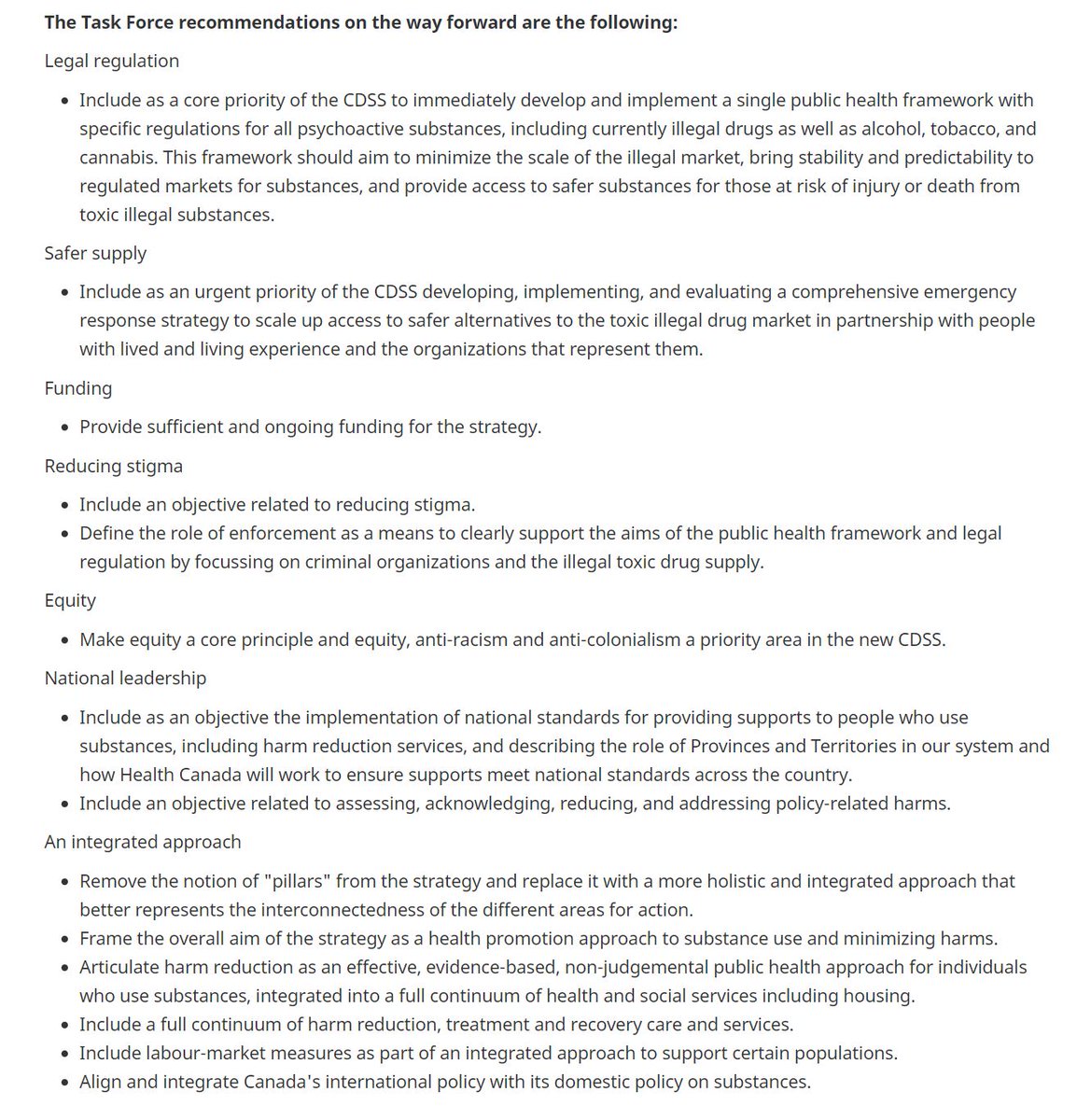
There are concise but none the less v.strong calls for implementation of a public health based legal regulation framework for all drugs, and related 'safe supply' to address the immediate crisis of toxic contamination of drugs in Canada
6/

6/


I was invited to present to the task force on decrim/regulation on behalf of Transform - so have a particular interest in this area.
Also great to see some our work (inc. the new stimulants book), work with @globalcdp, & work from @Release_drugs & @INPUD feature prominently.
7/



Also great to see some our work (inc. the new stimulants book), work with @globalcdp, & work from @Release_drugs & @INPUD feature prominently.
7/


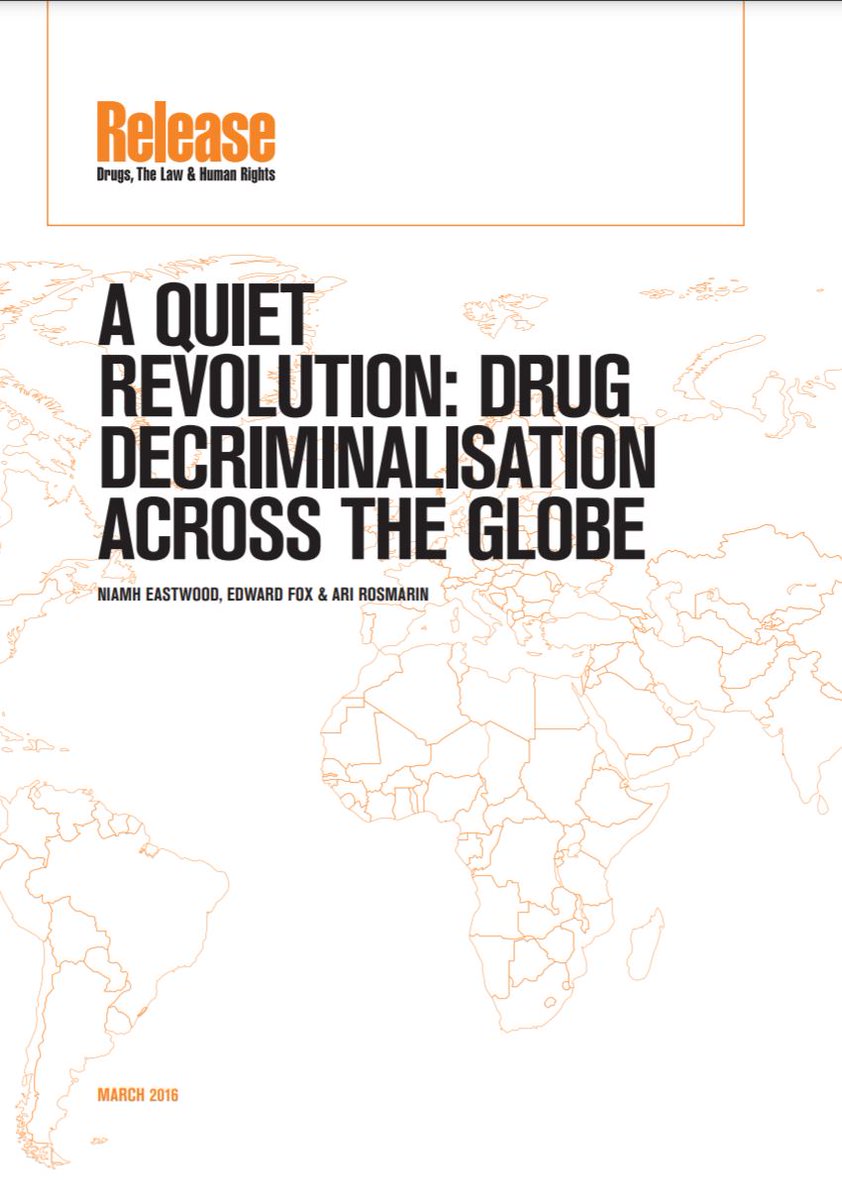

The recommendations on decrim are similarly strong, emphasising
- health promotion
- removal of *all* sanctions
- realistic threshold quantities,
- expungement of criminal records
The kind of analysis rarely, if ever seen before of from Govt commissioned reports
8/
- health promotion
- removal of *all* sanctions
- realistic threshold quantities,
- expungement of criminal records
The kind of analysis rarely, if ever seen before of from Govt commissioned reports
8/
I was struck by the difference btwn these reports & the recent UK reports from @DameCarolBlack & team
While both were nominally independent, the task force had a mandate to explore reform of policy *AND LAW*. There's a tacit Govt acknowledgement that law is a problem.
9/
While both were nominally independent, the task force had a mandate to explore reform of policy *AND LAW*. There's a tacit Govt acknowledgement that law is a problem.
9/
@DameCarolBlack While the task force were free to explore consider key structural drivers of harm & follow the evidence to solutions that included more substantive institutional & legal reforms (most obviously decrim & regulation), Dame Carol was specifically constrained from doing so.
10/
10/
@DameCarolBlack Not withstanding the Canada-specific elements of the task force reports, or many welcome calls for reform of treatment services in the Black reports - the difference in political context of respective TORs, & subsequent outcomes is striking, & for the UK, depressing
11/
11/
@DameCarolBlack These task force reports contain so much that really should have been in the Black phase 2, but for political/ideological reasons, was not.
This is the difference between a Govt open to meaningful change & one that remains firmly closed.
12/
This is the difference between a Govt open to meaningful change & one that remains firmly closed.
12/
@DameCarolBlack It remains to be seen what @GovCanHealth will do with the task force reports. I hope they'll act on them swiftly.
& hopefully @ukhomeoffice @DHSCgovuk @kitmalthouse & @DameCarolBlack - will read them & be inspired to take the next much needed step of their reform journey
END/
& hopefully @ukhomeoffice @DHSCgovuk @kitmalthouse & @DameCarolBlack - will read them & be inspired to take the next much needed step of their reform journey
END/
Update: bland non committal response from the Canadian Health Minister.
Hope and expectation that there will be more to follow, but...election politics etc..... newswire.ca/news-releases/…
Hope and expectation that there will be more to follow, but...election politics etc..... newswire.ca/news-releases/…
• • •
Missing some Tweet in this thread? You can try to
force a refresh



